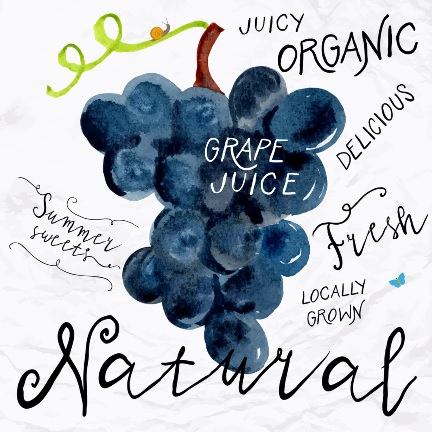A universally handcrafted product of high quality, natural wine is produced respecting precise standards of environmental sustainability.
Made with organic grapes, this wine does not undergo chemical treatments during any phase of the production process and is the result of a philosophy that privileges the relationship with the region and nature. The grapes are harvested by hand; fermentation takes place only with indigenous yeasts, no filtration is allowed.
But who sets these rules that determine whether a wine is natural or not?
Current European regulations prohibit the use of the term “natural wine”, and there is no unambiguous definition of this product worldwide. Yet these days, after a study that has lasted for years, the French authorities have “overcome” the European legislative obstacle by creating a new name, “vin méthode nature”. They listed the criteria, a protocol and a do-it-yourself specification for obtaining this designation. “Wine made with a natural method”, for those uninitiated in the sector, is equivalent to “natural wine” in all respects.
Is this a great victory, as the French producers believe, a way of inspiring Europe or unfair competition?
It is certainly French legislation, and not European legislation, which creates great confusion in an already unclear market. Why is it not possible to agree at European level when the criteria and regulations on these wines proposed by the various organisations differ very little?
What is required to achieve European unity, also in this area?
In conclusion, should we applaud French cunning or admonish the various European committees to define and legislate a common course of action for all? Before it’s too late, when will we finally demonstrate unity?
Tenuta Liliana Staff





